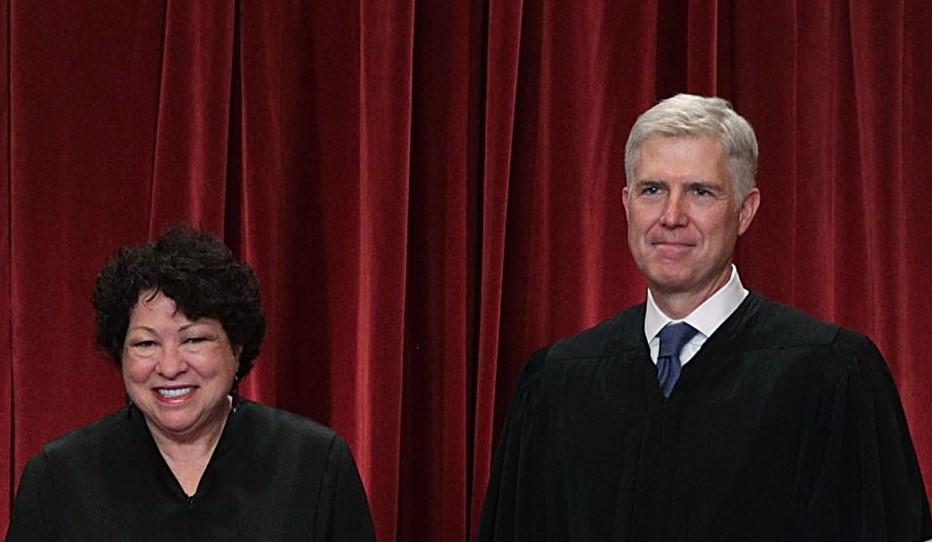The Supreme Court ruled 6–3 on June 13 that a Navajo Indian man’s constitutional rights weren’t violated when he was prosecuted in a second federally established court after being convicted by another court in the same incident.
Although the Fifth Amendment states that no person shall “be subject for the same offense to be twice put in jeopardy of life or limb,” under the dual sovereignty doctrine, a second prosecution is allowed if the defendant was tried first in a state or tribal court.





